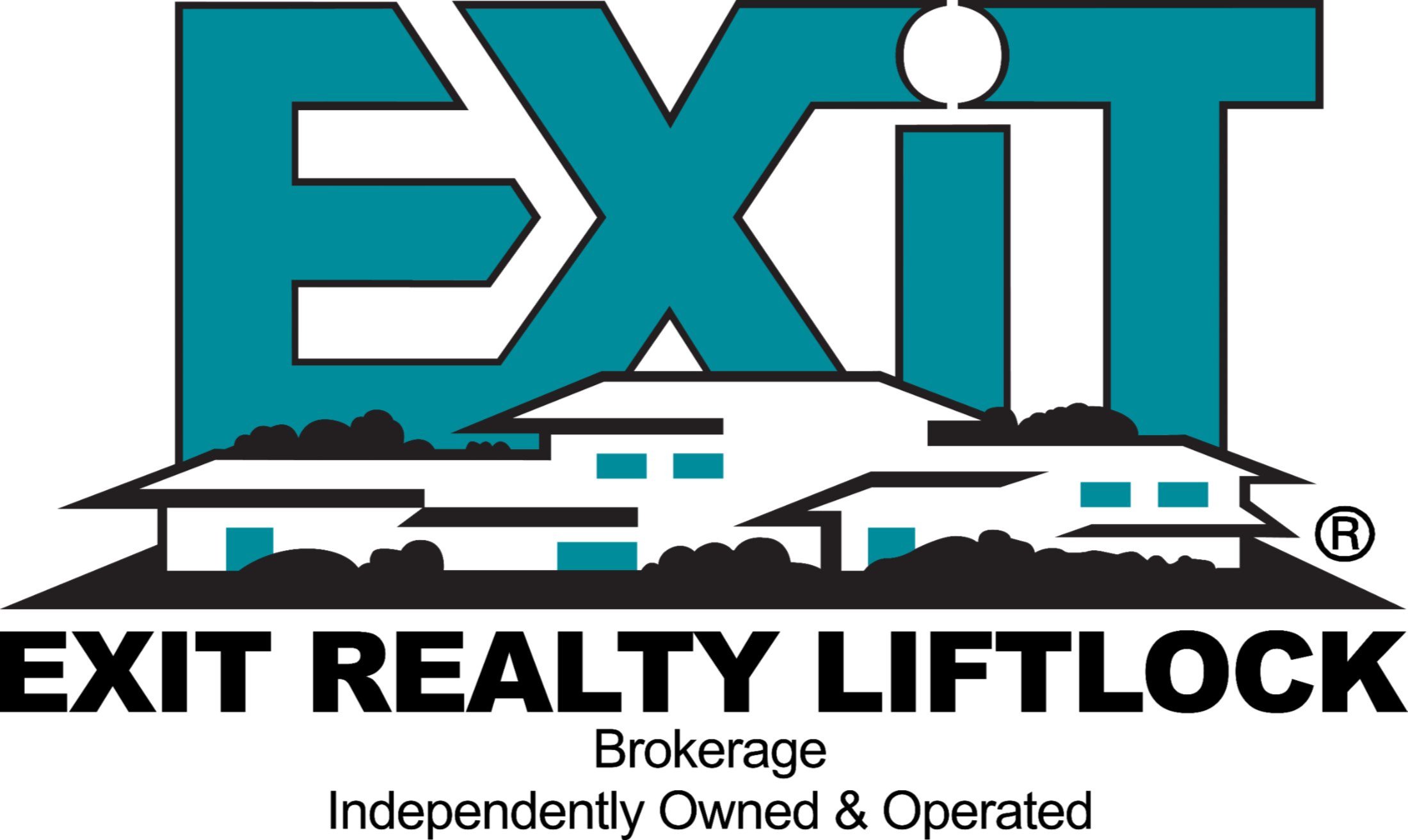An Accredited Elite Advocate has training with an emphasis on fiduciary duty, which is the legal responsibility to act solely in the best interest of another party.
The fiduciary duty of a REALTOR® can be summed up in this acronym.
OLDCAR
Obedience: Unless your requests are illegal, unethical, or not in accordance with the contract, your REALTOR® should ultimately represent your interest and respect your decisions irrespective of their personal preferences and beliefs. For example, when presented with multiple offers – A and B are presented to you as the Seller, and you chose to go with offer B rather than A; Your REALTOR® is professionally obliged to advise you but still respect your choice.
Loyalty: A REALTOR'S® loyalty and best interests are mainly to his/her clients and no one else! This loyalty is even above personal gains including but not limited to agent's commission, particularly in competing-offer situations.
Disclosure: Ethically speaking, and whether they represent you or not a Realtor® is bound to disclose any and all material facts; including information in their possession that might be of any benefit to you as their clients before, during, and after the transaction process. For instance, your agent must disclose any information that may place you in the driver's seat or aid you in negotiating a better deal and also warn you of any potential problems. REALTOR's may also have you sign an acknowledgement if you choose to not follow their advice. For example- you are buying a house and your REALTOR® (based on their duty to look out for your best interests, see Loyalty above) suggests you have a home inspection as a condition and you choose not to.
Confidentiality: Simply put, a Realtor® can not disclose any information learned about you, your business, financial or personal affairs, or motivations to others. Including but not limited to the other parties in the transaction. This duty is for life and it survives the closing of the transaction. The only time this may change would be under a court order to disclose any information specifically requested by the courts.
Accountability: A good Realtor® should be able to account for all documents and funds in the transaction. They must not co-mingle any of your money with their own business funds. The majority of all deposits will/should go into a trust account, usually but not always, with the seller(s) Brokerage and provide you with a receipt to show that the funds have been received. Accurate reporting of all funds relating to the transaction and their ultimate disposition is a fiduciary duty.
Reasonable care/diligence: Realtors® are expected to advise intelligently on prices, inspections, negotiations, repairs, and many other aspects of a transaction. However, although many REALTORS® "have seen it all", they are not "a jack of all trades", your REALTOR® should listen to your questions/concerns and help you find the right answers so you can make an informed decision.
Remember, you are in control. However, like most successful relationships it is important to listen. As much as your REALTOR® listens to your needs it is important to listen to their professional advice and consider all facts before making home buying or selling decisions. Your hired them for a reason! All parties should have a mutual respect for each other's time and goals.
The AEA designation indicates an agent who has a legal obligation to maintain the trust of their clients through honest and transparent service. Clients who work with an AEA credentialed agent can expect caring, loyal, and good-faith service.
.png)


.png)